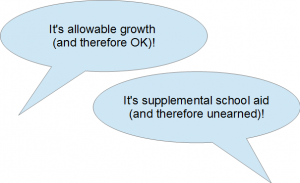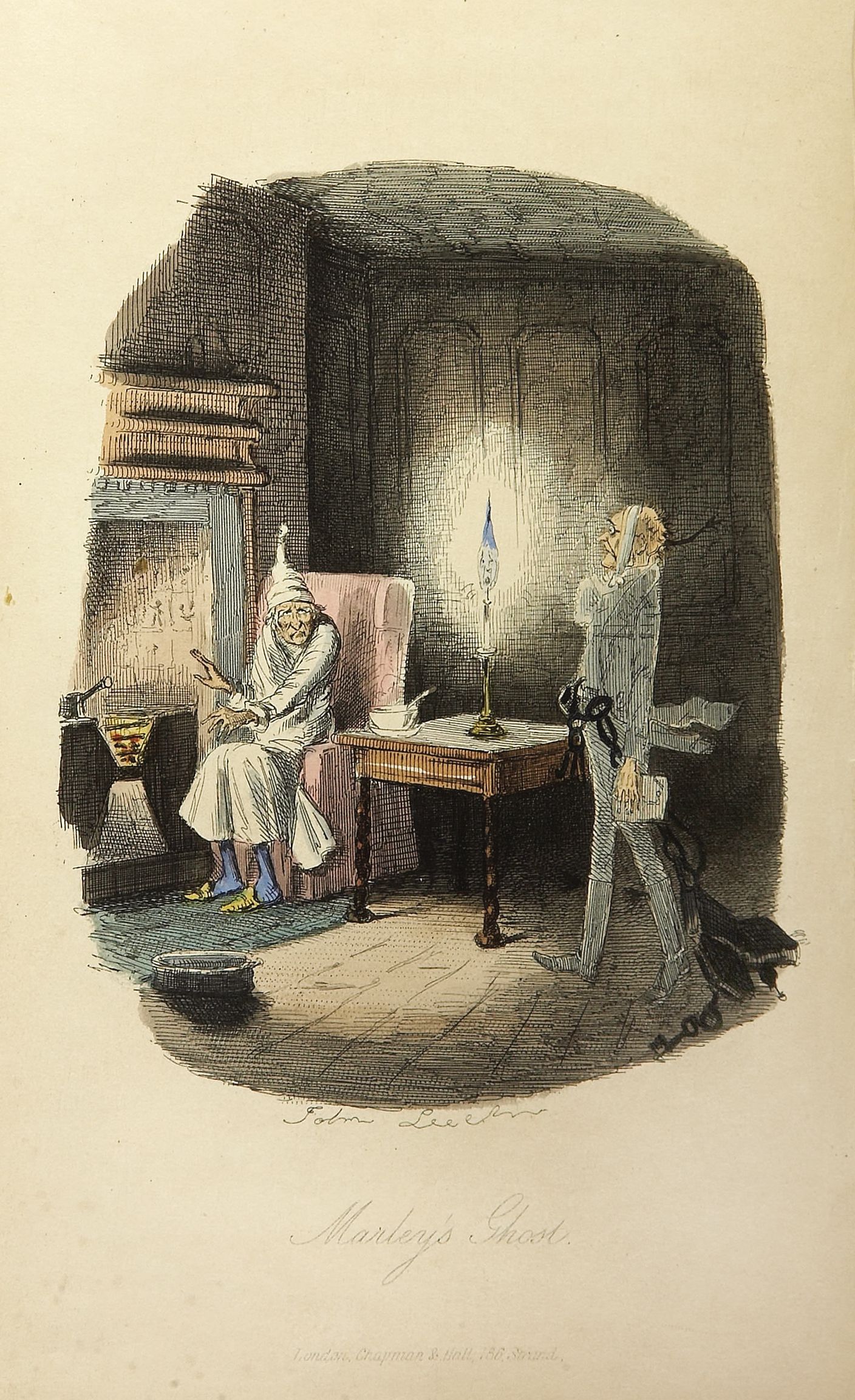Here’s an example of framing on the state level. Iowa has a law that the legislature, within 30 days of convening, must set amounts of state money that will be available for each of the school systems in the coming academic year.
Since the beginning, this has been called “allowable growth.” In other words, the legislature sets the amount by which each budget will be allowed to grow in the coming year. School systems, obviously, depend on this during their budgeting processes to provide for everything from increases in diesel fuel costs (for buses) to staff raises.
The Republican majority in the Iowa statehouse, dominated by radicals, has refused to comply with this law, and allowable growth has not yet been set. This is one kind of issue, of course, but nobody seems to care.

Radical Republicans now refer to allowable growth by the term “supplemental school aid.” They have turned it from being a matter of law into being another government handout, signaled by their use of the red-flag word “aid.” This fits their ideology, but it is incorrect.
While it is true that state government aids school districts, the aid is funded by taxes and mandated by a law that predates this legislature by many years.
Some Democrats are buying into the term, unfortunately. When my wife and I heard one of them use “school aid” at a League of Women Voters Legislative forum this morning, we said, “Ah, ah, it’s allowable growth.” Undeterred, the radical Republican who was present published a column in our local newspaper repeating the phrase in question and attempting to justify his party’s defiance of state law.
This post’s author is the Rev. Dr. Cleveland Eugene Bryant, a United Church of Christ pastor who heard language used in all kinds of interesting ways over the forty years he served in congregations. In retirement, he volunteers in reading programs, works with the Iowa Democratic Party and League of Women Voters, and encourages his wife in her career as a professional organist. He also rides a motorcycle, but with all of his clothes on.

